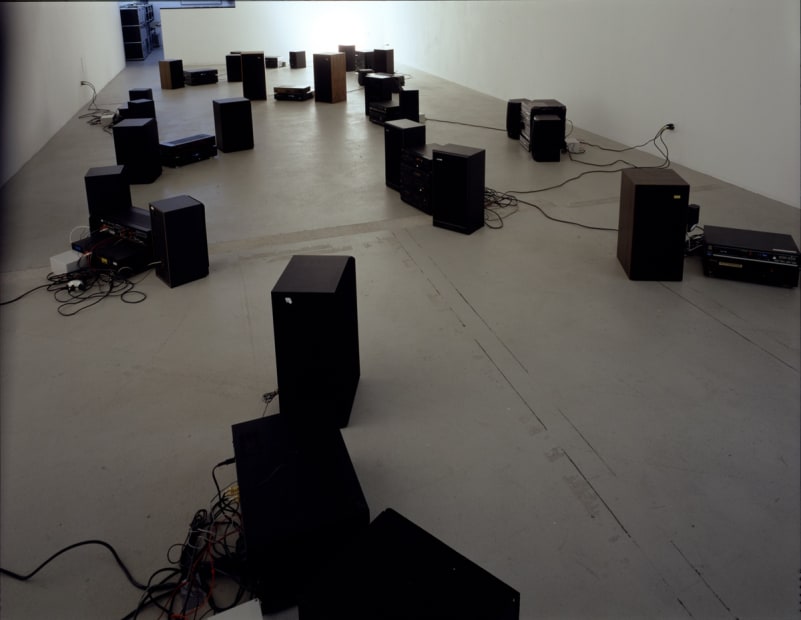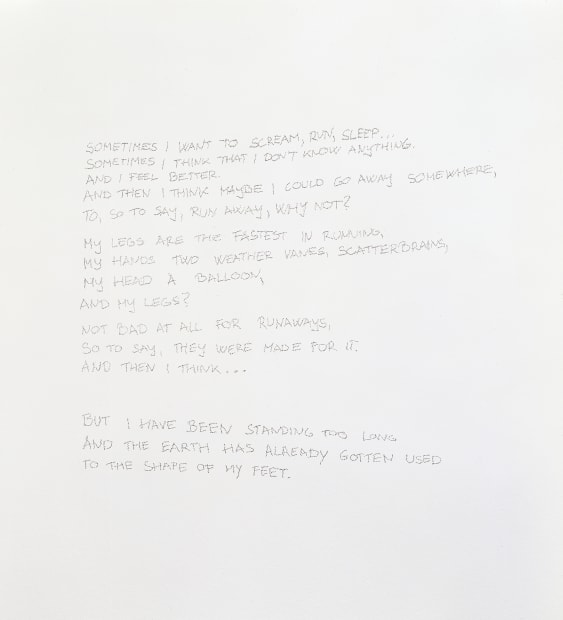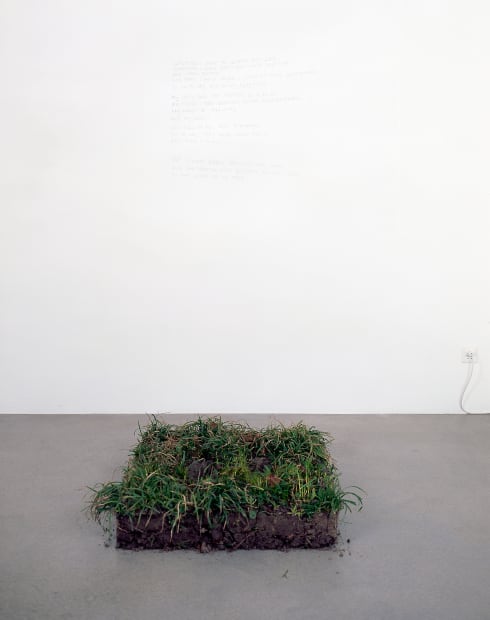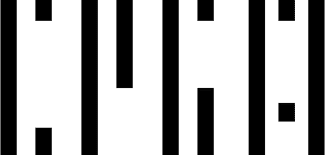The Peter Kilchmann Gallery is pleased to announce the first solo exhibition by Maja Bajević (born in 1967, Sarajevo, lives in Paris and Sarajevo) in Switzerland. The artist shows a new video work and a sound-installation.
Differently sized, used speaker cabinets and CD-players are placed on the floor of the gallery (see invitation card). When walking through the installation titled Avanti Popolo, 2002-05, patriotic songs from different nations can be heard by the visitor: „Avanti popolo, alla riscossa, bandiera rossa, bandiera rossa...“, „Deutschland, Deutschland über alles in der Welt...“. The visitorʼs ability of perception is difficult in that there are sounds and songs overlapping each other by means of sensors. For her work, the artist has recorded people singing ideologically influenced songs from various countries. The installation becomes incomprehensible by the swelling mixture of the voices. They loose their context and hence, their meaning. In the centre of this work there is first, the making visible of the inherent aggression of national differentiation and second, the critical question of using folkloristic songs in order to create a patriotic identity.
The video work Etui (May, 2005) shows the collaboration of the artist with the workers of Visoko, a city 20km in the Northwest of Sarajevo. Because of the war in Bosnia Herzegovina the traditional industry culture of making leather was stopped. After the war mostly parts of the fabrics were closed and replaced by new foreign fabrics, it seemed that the whole land were sold out. Maja Bajević entrusted unemployed factory-workers with the sewing of a “dress” for a typic- ally Bosnian uninhabited house in the Old Town of Sarajevo. With this symbolic act of dressing a house with a strong and robust material the artist demonstrates the loss of feeling at home and the loss of tradition.
The multimedia work by Maja Bajević generally consists of collective performances, at which the artist often takes part herself, as well as of video works, installations and photographs. Since the end of the Nineties Bajević has dealt with the topic of her own unintended homelessness, has examined phenomena such as collective memory and individual remembrance, has translated terms like nationality and patriotism in artful works and has reflected on different levels of identity. Moreover, a re-occurring element of her work is the consideration of language as a means to create com- munity as well as identity on the one hand, and as a political instrument of power on the other hand.







